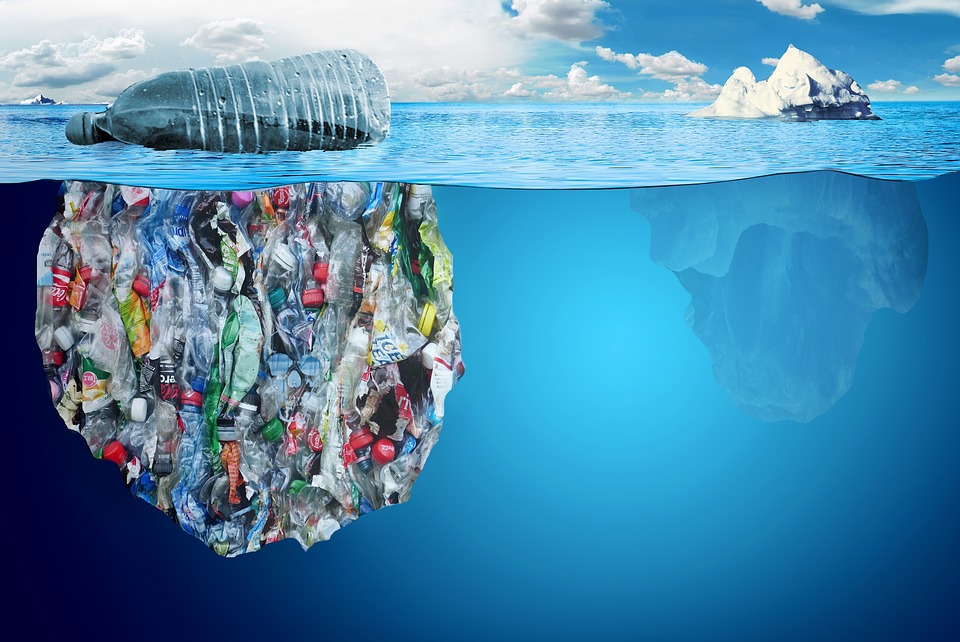A sperm whale was found dead on a Spanish coast after consuming 29 kilos of plastic pollution
05/15/2018 / By David Williams

Our problem with plastic pollution has become so widespread that it’s taking a huge toll on the world’s oceans. Unfortunately, a painful reminder of how bad the problem is for marine animals appears now and then, like in the case of a full-size sperm whale that died after ingesting plastic waste and drifted to the coast of Murcia in southern Spain. For a creature of its size, it was killed by a very small amount of plastic, something that these animals never had to deal with until fairly recently.
According to reports, the dead sperm whale was a young male, measuring almost 33 feet (10 meters) in length and weighing over six tonnes. While the whale died because of a gastric shock, marine experts found 64 pounds (29 kilograms) of plastic waste inside its stomach and intestines, with items such as plastic bags, nets and ropes, a plastic jerry can, and raffia sacks after the autopsy.
The results of the autopsy have prompted the regional government of Murcia to launch a campaign against the act of polluting the ocean with plastic waste. According to Consuelo Rosauro, the director-general for the natural environment in the Murcian government, plastic waste is one of the most dangerous threats to marine life in the entire world. “Many animals get trapped in the rubbish or ingest great quantities of plastic,” she said, “which end up causing their death.” (Related: The plastic pollution problem is wide AND deep: Study finds sea animals from the deepest parts of the ocean, 7 miles down, have plastic in their stomachs.)
It’s gotten really bad
This incident also highlights the severity of plastic pollution in our oceans: You know that the problem has truly become serious when animals as big as the sperm whale start dying because of it. If not for the plastics that killed it, it would have likely remained alive for many more decades. With their natural diet composed mainly of squid, its expected lifespan is around 70 years – just like many humans in most parts of the world.

According to marine experts from the El Valle Wildlife Rescue Center in Murcia, the sperm whale most likely failed to digest or expel all the plastics in its digestive system, which caused it to die eventually. In the autopsy, the official cause of death listed is peritonitis – an inflammation of the peritoneum usually caused by a bacterial infection after an abdominal organ gets ruptured.
It’s clear that this problem is one that needs to be tackled by the human race as a whole. For their part, conservationists have begun ringing the alarm bells and telling the world that a solution is badly needed. The BBC television series titled, “Blue Planet,” even chimed in with a call for help. The show’s narrator, Sir David Attenborough, talked about how plastic can be dangerous to marine life and how it needs to be handled more properly.
“Since its invention some hundred years ago, plastic has become an integral part of our daily lives,” Attenborough explained. “But every year, some eight million tonnes of it ends up in the ocean. And there, it can be lethal.”
He couldn’t be more right about it. The problem can only get worse as time goes on, so now is the time to try and fix it.
Read more about other ways that the planet is suffering from plastic at Pollution.news.
Sources include:
Submit a correction >>
Tagged Under:
This article may contain statements that reflect the opinion of the author





















